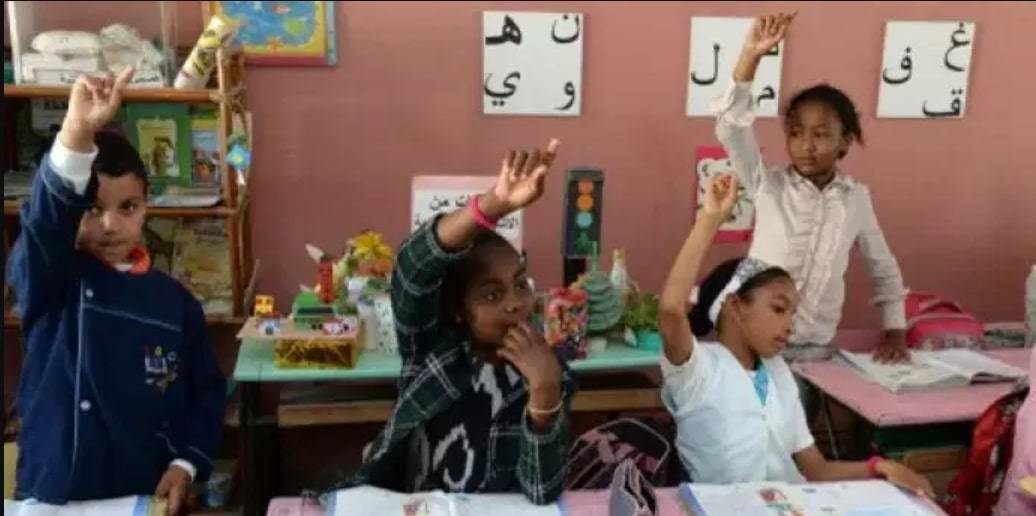Morocco’s state schools are failing students and “deepening inequality”, a supervisory body has warned, as authorities scramble to raise the quality of teaching after years of neglect
The High Council for Education (CSE) has warned of a “crisis” in public education and said that government schools “are not giving the majority of pupils basic skills or a fundamental education”.
Despite a string of reforms, state schools “are becoming a machine for reproducing inequalities in society”, said the CSE in a report last month, cautioning that this “poses a serious threat”.
The situation has pushed many, including middle-class families, to tighten their belts so they can scrape together fees for private schools.
“I pay almost 400 euros a month,” says Siham, an employee in the private sector. “It’s a lot, but it’s essential to guarantee that my two children get a better French and English education, which public school can’t give them.”
Just nine percent of students in state secondary schools pass exams in French, Arabic and mathematics — against 62, 38 and 49 percent respectively in private schools.
“These figures are distressing; they show that we’re raising illiterate citizens,” said Abderazzak Drissi, head of the kingdom’s National Teachers’ Federation.
‘Profound transformation’
The situation contrasts with the lofty goals of Morocco’s “New Development Model” presented by a royal commission in May and laying out a string of targets to be met by 2035.
The council’s warning is just the latest in a string of official reports to raise the alarm over problems in the education system and the resulting high unemployment rate among youth, the age group hardest hit by social inequality.
Chakib Benmoussa, who took office as education minister in October, described the system as “painful”.
“Improving the quality of public education depends first of all on the quality of teacher training,” he told parliament this month.
The CSE report agreed, adding that some choose the profession for “lack of alternatives”.
According to ministry figures, this year more than 100,000 candidates applied for fewer than 17,000 teaching jobs.
Under Benmoussa, the ministry has brought in new rules requiring prospective teachers to be aged under 30 and have a university degree with distinction.
The aim is “to select the best candidates who really want to practice this profession, as is the case at medical or engineering schools”, a ministry official told AFP.
But while there is agreement on the problems, opinions vary on the solutions.
The new conditions sparked a backlash from the teachers’ union and trainee teachers, with street demonstrations erupting last month.
Drissi, the union member, said what was needed was “a tougher entrance exam, not an age limit”.
But the ministry official said that “now it is urgent to reform the education system. We’ve delayed too much.”








